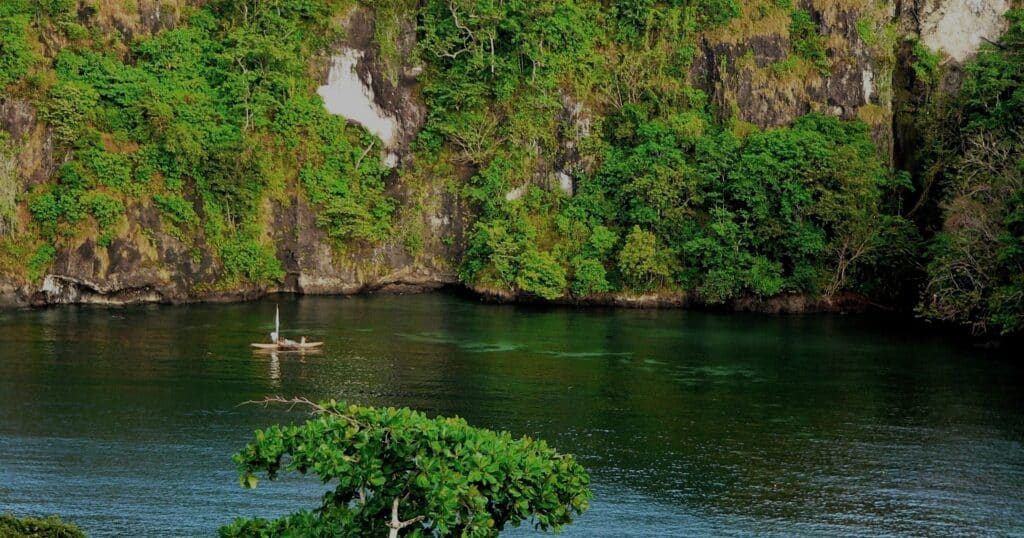The global tourism industry is responsible for 8% of all greenhouse gas emissions, making sustainability not just an ethical choice but an existential necessity for expedition travel.
As someone who has spent over 20 years leading expeditions to some of the world’s most pristine and vulnerable destinations, I’ve witnessed firsthand both the transformative power of expedition travel and the urgent need for sustainable practices in our industry.
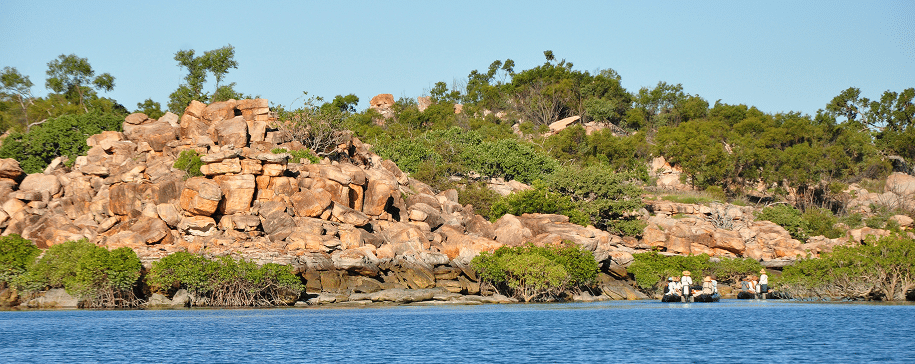
Expedition travel, by its very nature, takes us to the planet’s most fragile ecosystems – from Antarctica to remote coral reefs, from pristine rainforests to untouched coastlines. These destinations demand our highest level of stewardship. The urgency became clear to me during my early expeditions to Indonesia’s rainforests and throughout my work in the Sub-Antarctic islands. These environments are living, breathing ecosystems that serve as crucial indicators of our planet’s health.
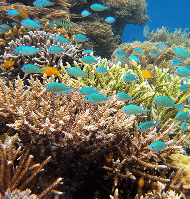
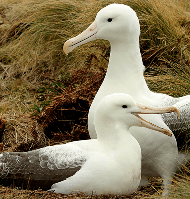
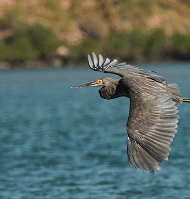
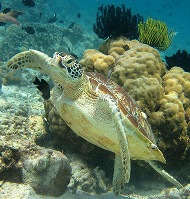
My path into expeditions began with an honours degree in Marine Biology from James Cook University, where I managed the university’s field research station on Orpheus Island for five years. This foundation shaped my understanding that every expedition must balance discovery with conservation. Since then, I’ve led over 350 expeditions through the Sub Antarctic Islands, Australia’s Kimberley, Papua New Guinea, Indonesia and Malaysia, always with sustainability at the forefront.
In 2012, my conservation work in Indonesia was recognized when I was appointed as the first Ambassador of Orangutan Foundation International (Australia). This role reinforced my belief that we all must be ambassadors for the places we visit and the communities that call them home.
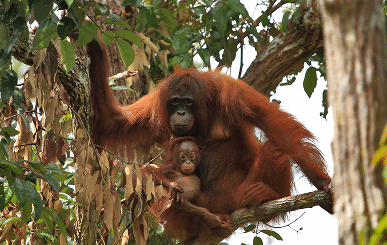
Currently, as General Manager and Head of Sustainability for Pearl Expeditions, I’m implementing our philosophy of “Small Footprints. Infinite Horizons” – a commitment that recognizes sustainable travel as a conscientious commitment to tread lightly while maintaining the intricate balance between environmental preservation, social responsibility, and economic vitality.
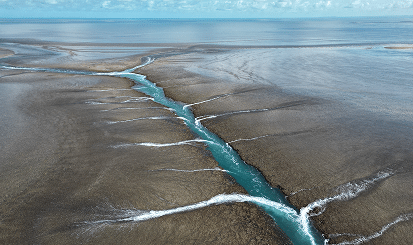
What makes expedition travel particularly powerful is its ability to create ambassadors for conservation. When we bring travellers to witness tidal phenomenon of Montgomery Reef or the ancient art galleries of the Kimberley, we’re creating connections that inspire lifelong conservation commitments. Nine in 10 consumers now seek sustainable travel options, yet many feel overwhelmed by how to make responsible choices.
The future of expedition travel lies not in choosing between adventure and sustainability, but in recognizing that they are inseparable. Every pristine destination we explore today must remain accessible for future generations to discover, protect, and cherish. As expedition creators, we have both the privilege and responsibility to ensure that our small footprints leave infinite possibilities for those who follow.
Mick Fogg

